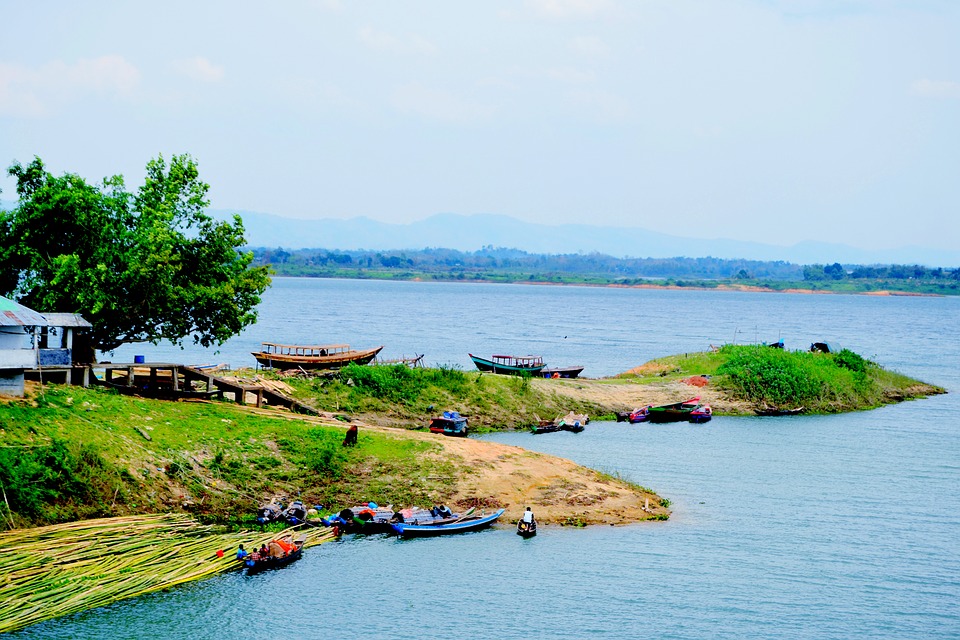News & Updates
UK Met Office committed to strengthening Asia’s resilience to climate change
19 April 2018

The UK Met Office announced a new programme to strengthen climate change resilience in Asia, working in partnership with the World Bank and the UK’s Department for International Development (DFID).
The programme was announced at the Commonwealth Heads of Government Meeting (CHOGM) taking place in London this week.
The key focus of the programme will be on strengthening water forecasting systems across Asia through new technologies and innovations.
The programme will also assist vulnerable communities to prepare for climate related shocks.
Professor Stephen Belcher, the Met Office Chief Scientist, commented;
“Improving resilience and forecasting will provide a lifeline for vulnerable communities helping them to cope with weather and climate shocks through measures which improve food security and provide protection from extremes of weather. There can surely be no better aspiration than sharing cutting edge climate science to improve the fortunes and prospects of people in their day-to-day lives”.
South Asia is particularly vulnerable to flooding, droughts and cyclones. Since 1970 over 2 million people, an average of 43,000 a year, have been killed by natural disasters in the Asia-Pacific region. This is 57% of the global death tolls for natural disasters.
It is expected that climate change will cause a further increase in extreme weather events, such as flooding, as well as an increase on slow-onset events, such as drought.
Over 50% of South Asians, approximately 750 million, have been impacted by a natural disaster in the last 20 years.
Climate change is also expected to threaten Asia’s economy, with natural disasters causing $48 billion in agricultural losses in 2017 alone.
The four year programme will begin this year and will target the most vulnerable countries: Afghanistan, Bangladesh, Nepal and Pakistan.
It is hoped that new technologies and innovations will improve access to climate information for 30 million people.
Similarly, early warning systems will be improved and advice will be offered to vulnerable communities to improve their adaptive capacity.
If you’d like to stay informed on the latest updates in aid and development, please sign up for the AIDF newsletter.
Image: Mohammad Masum